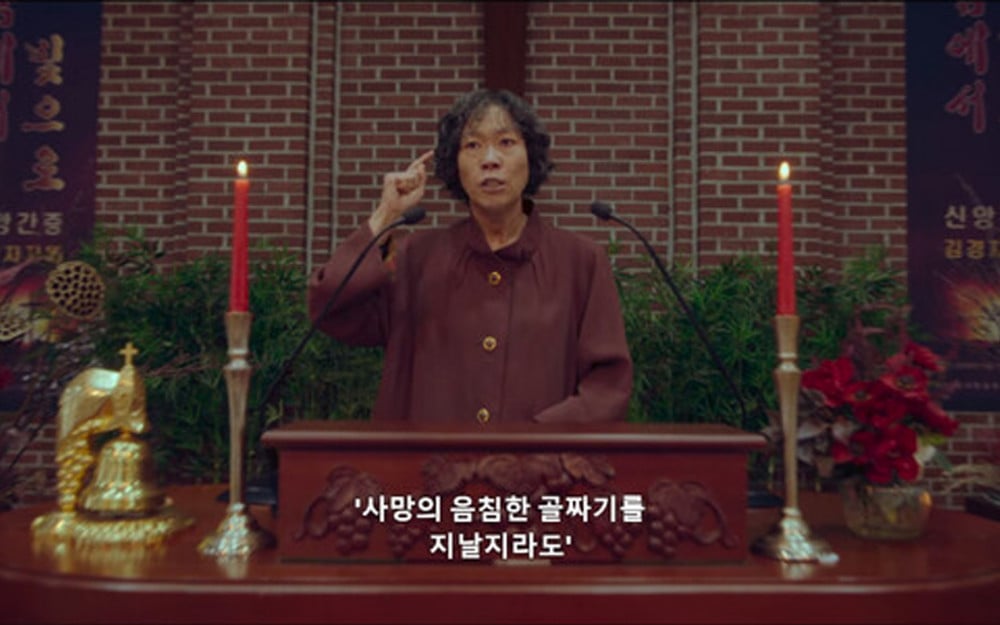
Recently, the Christian media outlet Daily Good News pointed out the recurrent theme of villainous characters identifying as Christians in K-dramas.
This trend appears to use Christianity not as a mere character trait but as a plot device to depict hypocrisy. Many argue that such a negative portrayal of Christianity has been increasingly prevalent in contemporary dramas.
A notable example is Netflix's 'Mask Girl,' released on August 18. The drama tells the intriguing story of Kim Mo Mi, an office worker lacking self-confidence in her physical appearance. By day, she battles her insecurities as an ordinary office worker; she masks her face by night to embrace a completely contrasting role as a broadcast jockey (streamer).
A series of unintended events and escalating conflicts add life to the plot. The drama features numerous characters who profess to be Christians, but rather than being steadfast believers, most are portrayed as vile antagonists overflowing with hypocrisy and deceit.
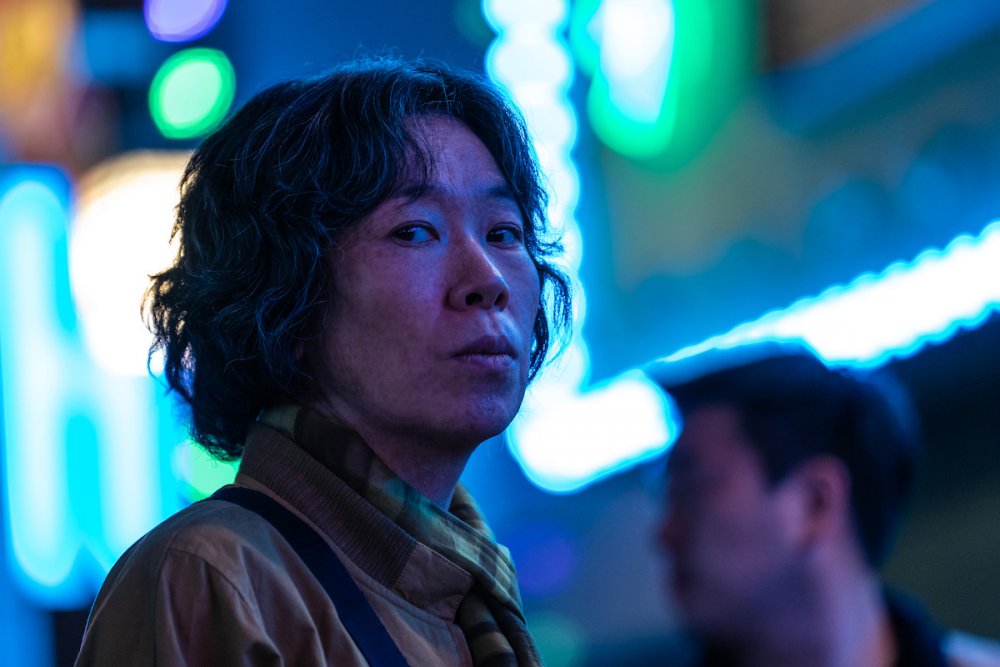
In the said drama, a character named Kim Kyung Ja, portrayed by the legendary actress Yeom Hye Ran, is a fiercely devoted church deacon. She appears so dedicated to her faith, claiming it helped her overcome her son's death. However, underneath, she is a vengeful zealot who meticulously plans for years to retaliate against Kim Mo Mi, the individual who killed her son. Her enactment of a distorted faith is best displayed through her frequent use of phrases such as "Lord," "Amen," and "Father," as justification for her vendetta.
In the same drama, the prison warden Oh Ae Ja (played by Lee Sun Hee) is also portrayed as a devout Christian. She pretends to be compassionate, telling the inmates that "regardless of their sins, they are all children of the same Lord." However, she engages in malicious and immoral actions, and when things don't go her way, she spews profanities. She is consistently depicted as a two-faced character.

The protagonist herself, Kim Mo Mi, played by Go Hyun Jung, fabricates her faith to win the trust of the prison warden. Her hypocrisy involves going as far as to falsely state, "The Lord spoke to me. My life has completely changed."
The prominent display of Christian motifs, coupled with recurring duplicitous Christian characters, presents an image of Christianity being used as a prop for ridicule. Director Kim Yong Hoon of 'Mask Girl' defended these portrayals, stating, "I aimed to demonstrate the duality and two-faced nature in humanity."

Daily Good News points out that recently, the negative image of Christianity has become even more pronounced. Previous dramas like 'Squid Game,' as well as 'Hellbound,' 'Narco-Saints,' and 'The Glory,' have also depicted Christianity negatively.
Within religious circles, there are calls for serious reflection and appropriate responses. While legitimate criticism should be accepted, there is a demand for proactive responses to the media's tendency to criticize and satirize Christianity.
Baek Kwang Hoon, director of the Cultural Mission Research Institute, argues, "A commonly held negative view of Christianity now exists." He underscores the urgency for sincere reflection on how the Christian faith has been stereotyped, further becoming symbolic of a dystopian narrative.
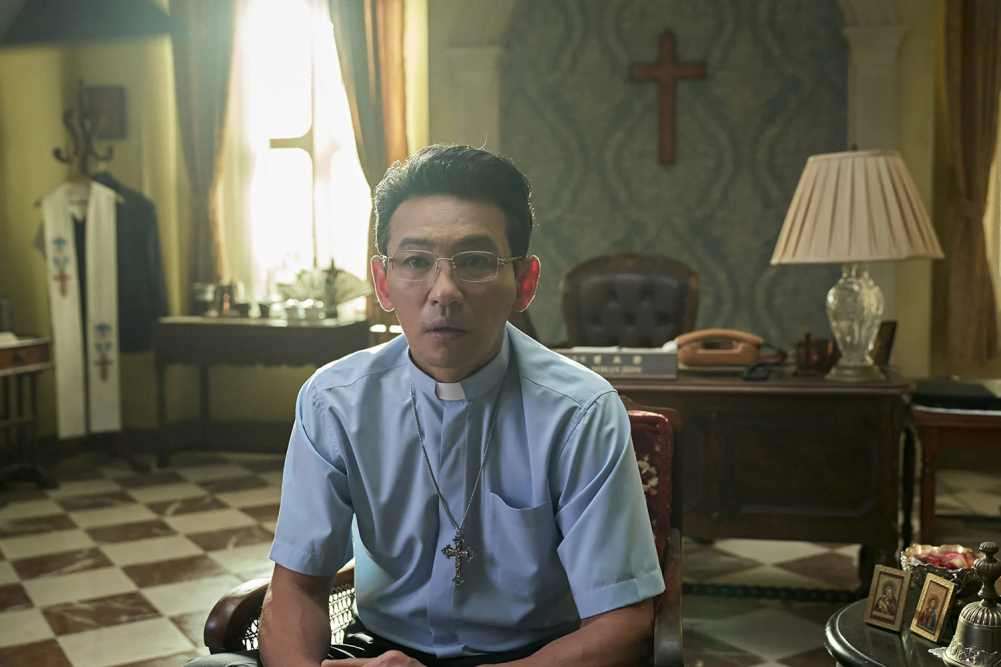
Yoon Young Hoon, a professor of Cultural Mission Studies at Sungkyul University, said, "The media's negative portrayal of Christianity is leading to a worsening cycle, and efforts within the religious community are needed to create a positive image in the public eye."
In response to the Daily Good News article, K-netizens commented, "I don't think it's as bad as reality," "There are more crazy Christians in reality," "The depiction appears to be accurate though," "I think they get the motif from reality," "Why do they think this is happening?" "Based on reality. What's the problem?" and "These are fictional characters though."
 SHARE
SHARE
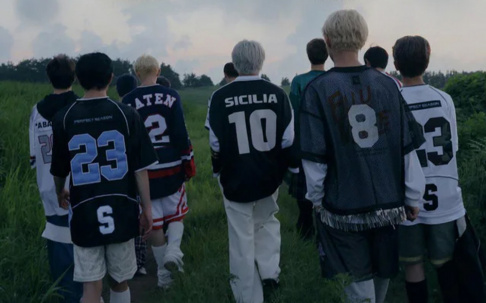
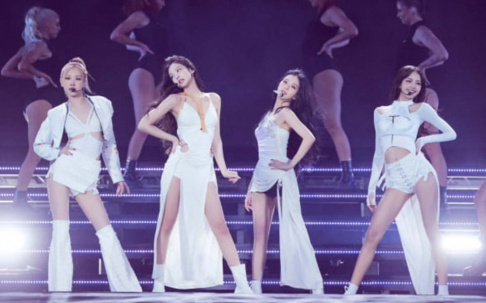










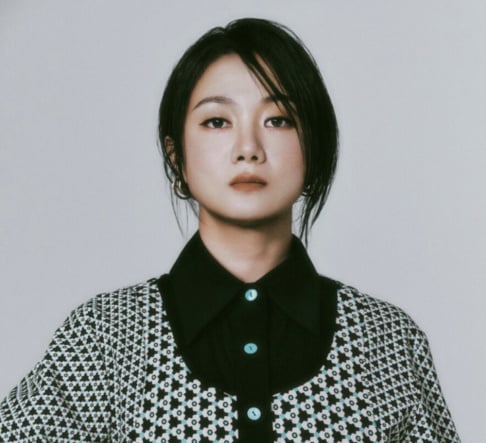

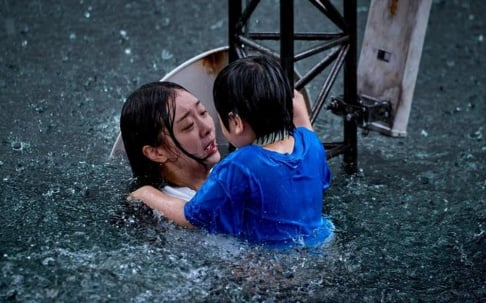


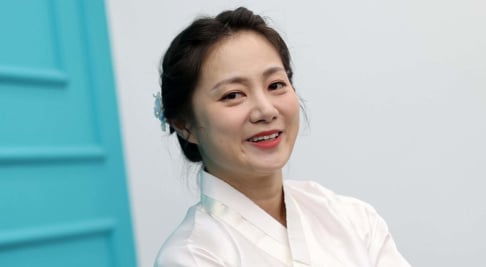
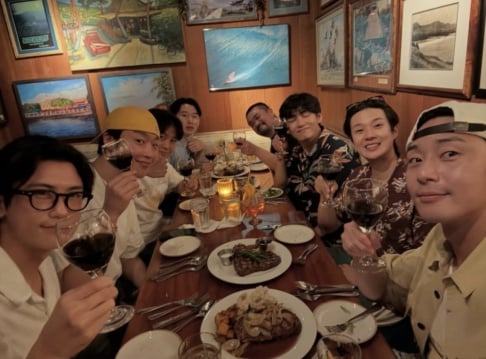



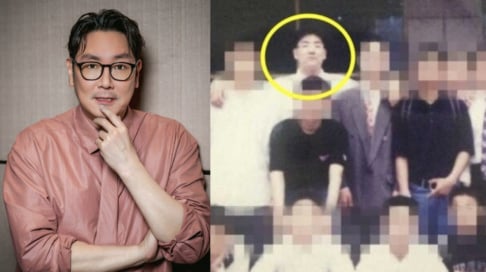


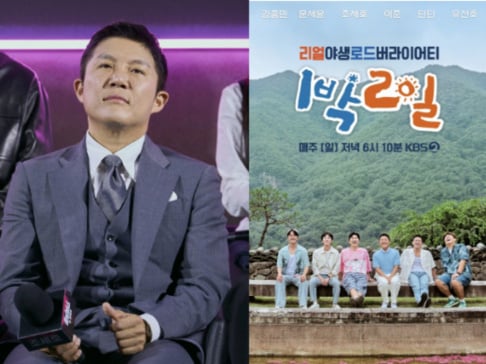
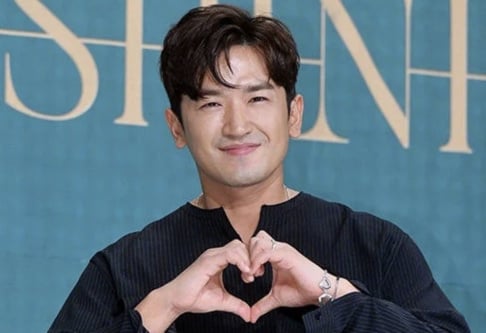


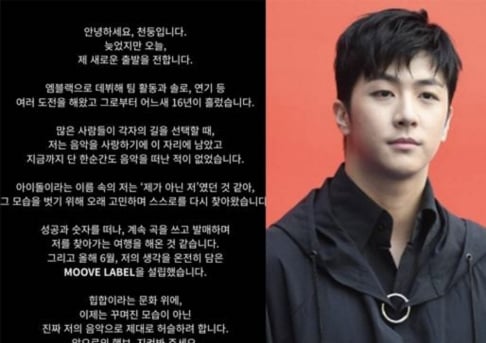





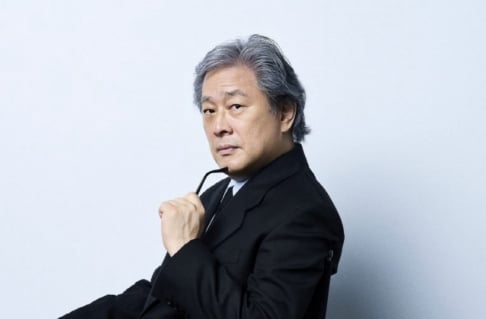


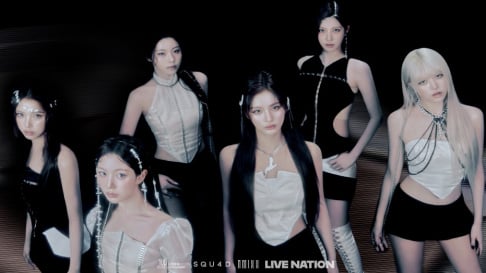








The immense hatred for Christians these days is alarming. People defending this hatred is weird. Ya'll know very well no korean tv show would have the guts to portray Muslims in a bad light bcuz they know the consequences of doing that.
4 more replies